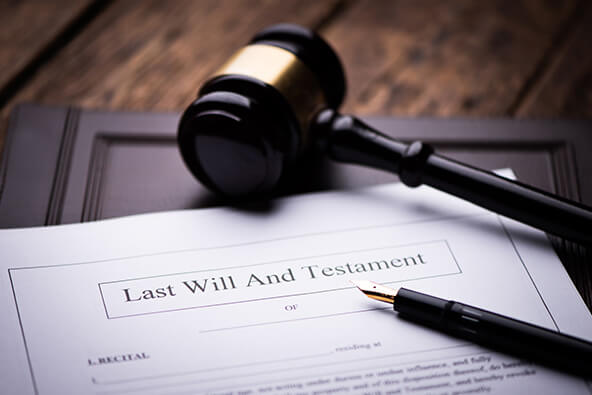When we think of estate planning, we often think in terms of property, financial assets, and items of significant monetary value. However, these are far from the only things that matter.
Assets of sentimental value also merit proactive consideration during the estate planning process—both to ensure that items are distributed to the proper people and to prevent disputes after your death.
Here’s a closer look at the issue, along with why it’s important to account for these assets while planning your estate.
Estate Planning for Items of Sentimental Value
While items like photographs, clothing, antiques, collections, jewelry, and other family heirlooms may not have a high dollar value, they can have profound sentimental value. Often overlooked during the estate planning process, personal property with sentimental value cannot be easily divided. As such, they can lead to contention among family members.
Not only is settling these disputes expensive, but the process can end up tearing families apart. This is why it’s vital to include emotionally valuable assets in your estate plan.
Options for Dividing Property with Sentimental Value
There are several options when it comes to estate planning for sentimental items. The most obvious is using your will to distribute your sentimental property. While this may seem easiest, there are downsides, including that wills can be difficult to amend and/or that it may go on public record.
This is where the personal property memorandum comes in. Legally available in some states including Massachusetts, this document provides instructions regarding the distribution of tangible personal property and can be changed or updated without requiring any formal amendments to your will or trust. While many people choose to include high-value items (as well as gifts susceptible to challenge) in their wills, a personal property memorandum can be convenient for assets of sentimental value.
In addition to using a will or personal property memorandum to distribute items of sentimental value, there’s also the option of creating guidelines for dividing them. For example, you may require your beneficiaries to draw lots and take turns, participate in a private auction, or select in birth order.
Giving Away Assets Before Your Death
There is another option that can help you prevent conflicts after your death: distributing sentimental items while you are still living. This may have some added benefits, including the peace of mind that comes with knowing your property has been distributed as you wish. Depending on the value of the item and other factors, there may also be some financial benefits to this approach.
Contact a Reliable NH Elder Law Attorney
One final note on the topic of sentimental assets? Because it may not be obvious to you which family members are attached to which item, it can be helpful to sit down with your family to discuss the distribution of your personal property. While the discussion may be uncomfortable, it will offer helpful insights to guide your decisions while also reducing the chance of disagreements later.
Estate planning may not seem like the most pleasant enterprise, but knowing that your loved ones will be provided for and that you have laid the foundation for the peaceful distribution of your cherished sentimental assets (as well as your high-value ones) can be incredibly fulfilling.
For more than three decades, the Beasley & Ferber team has helped clients in New Hampshire and Massachusetts reach their estate planning goals. To start putting our fair, flexible, and open estate planning and elder law services to work for you and your family, contact us today.














